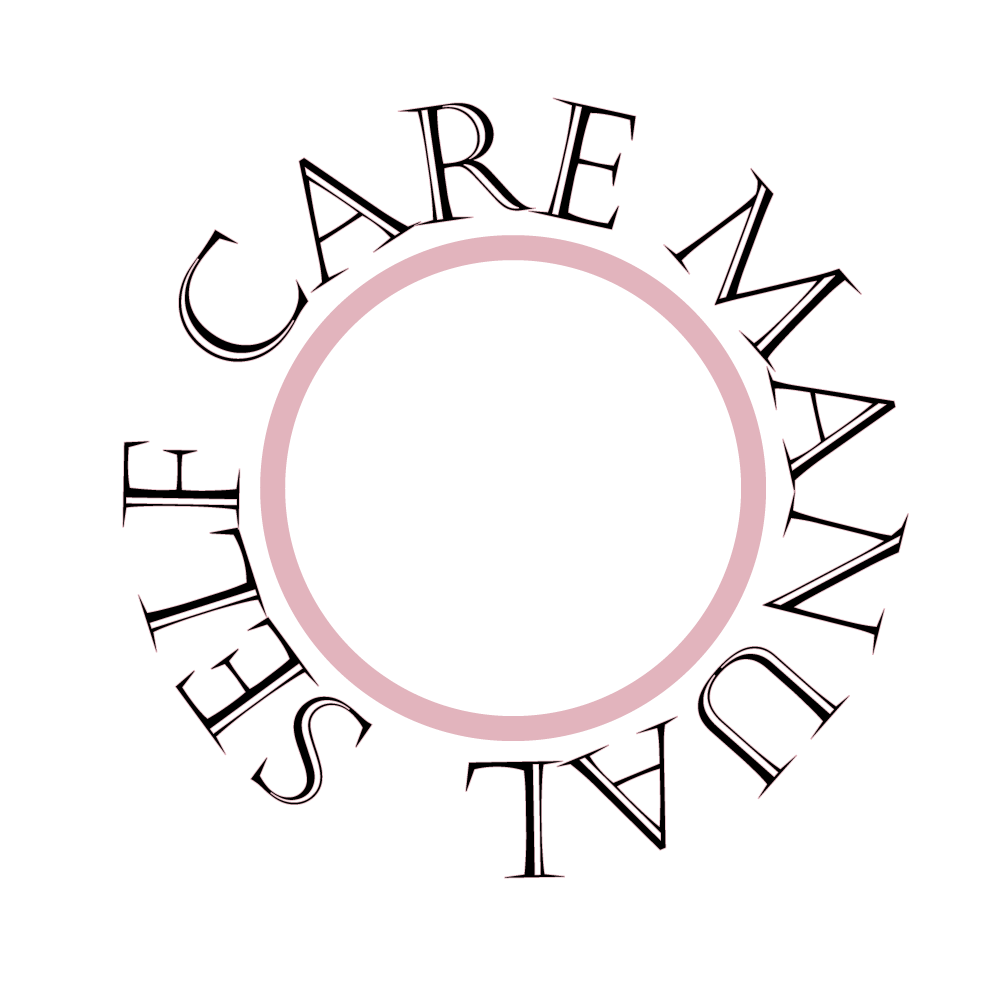Eczema and Diet: Nourishing Your Skin from Within
In recent years, eczema, or atopic dermatitis, has become more common in industrialized countries, raising questions about how our environment, including our diets, might contribute to this condition. Research suggests that what we eat could play a role in eczema risk and symptom management.
Looking into this connection reveals some interesting findings. Studies, like the one by Aziz Khan MD et al., show that eczema rates vary across different parts of the United States and suggest that diet could be one of the reasons why. Another study, focusing on patient experiences, found that many people with eczema try changing their diets to see if it helps their skin.
For some, cutting out certain foods, like junk food, dairy, or gluten, seemed to make a difference, improving their skin. Others found that adding healthier foods, like vegetables or fish oil, also helped. Despite these positive experiences, it’s surprising to learn that not many eczema patients talk to their dermatologists about their diets.
As we learn more about how food affects eczema, it’s clear that what we eat matters.
Insights into Dietary Strategies
Results from this study shed light on the dietary habits and perceptions of individuals managing eczema. Among the 169 participants surveyed, a staggering 87% reported attempting dietary exclusions as a means of alleviating their symptoms.
The most commonly eliminated foods included:
junk foods (68%),
dairy (49.7%),
and gluten (49%).
Notably, significant improvements in skin condition were reported upon removing specific items such as white flour products (53.6%), gluten (51.4%), and nightshades (51.4%).
Conversely, nearly 80% of participants reported incorporating additional items into their diets, with vegetables (62.2%), fish oil (59.3%), and fruits (57.8%) ranking as the most frequently added options. Encouragingly, similar positive outcomes were noted with the inclusion of these foods, with notable improvements in skin health observed, particularly with the consumption of vegetables (47.6%), organic foods (39.5%), and fish oil (35%).
Despite the widespread adoption of dietary modifications and the palpable benefits experienced by many participants, there remains a concerning gap in patient-physician communication regarding the role of diet in eczema management. While an overwhelming majority (93.5%) of patients expressed the importance of discussing dietary strategies with their dermatologists, only a fraction (32.5%) had actually engaged in such discussions.
Dietary Triggers for Eczema
Building upon the foundation of understanding the multifactorial nature of eczema, it's essential to delve deeper into the specific foods that have been identified as potential triggers for atopy. Peanuts, chicken eggs, cow's milk, breast milk, and fish stand out among the list of culprits that can exacerbate eczema symptoms. (source)
These foods have been implicated in provoking allergic reactions in individuals predisposed to eczema, underscoring the importance of dietary vigilance in managing this condition. While the exact mechanisms underlying their allergenic properties vary, genetic predispositions and environmental factors play significant roles in their manifestation.
Processed Foods
One study looked at how processed foods affect eczema in adults in China. They studied over 15,000 people and found some interesting results.
They found that eating pickles 1–3 times per week was linked to a higher chance of having eczema. The same was true for processed meats – the more often people ate them, the more likely they were to have eczema.
Even eating any kind of processed food 1–3 times per week or more than 4 times per week increased the risk of eczema compared to not eating processed foods.
The study also found that having too much sodium in the diet was linked to eczema too.
So, it seems that eating a lot of processed foods might make eczema more likely in adults in China. This suggests that choosing healthier foods could help prevent eczema or make it less severe.
In summary, our journey through the connection between diet and eczema reveals the profound influence of food choices on skin health. While cutting out certain foods like junk foods, dairy, or gluten has helped many improve their skin, adding nutrient-rich options like vegetables and fish oil has also shown positive results. Yet, despite these promising findings, there's a significant lack of communication between patients and doctors about the role of diet in managing eczema. Understanding specific dietary triggers, such as peanuts, eggs, and processed foods, further emphasizes the importance of making informed choices. By promoting awareness and supporting healthier eating habits, we can empower individuals to better manage eczema and enhance their overall well-being.




In recent years, eczema, or atopic dermatitis, has become more common in industrialized countries, raising questions about how our environment, including our diets, might contribute to this condition. Research suggests that what we eat could play a role in eczema risk and symptom management.